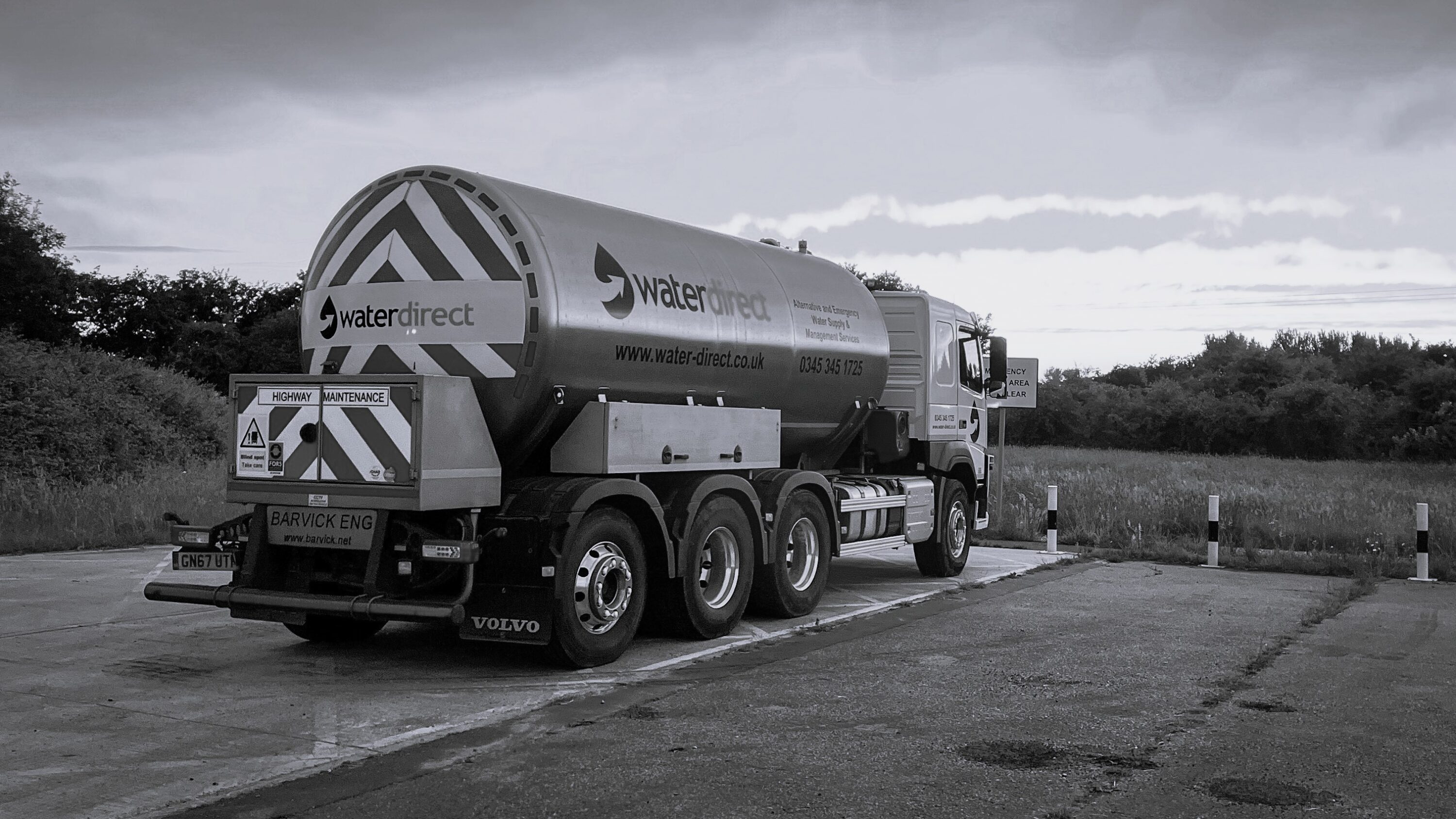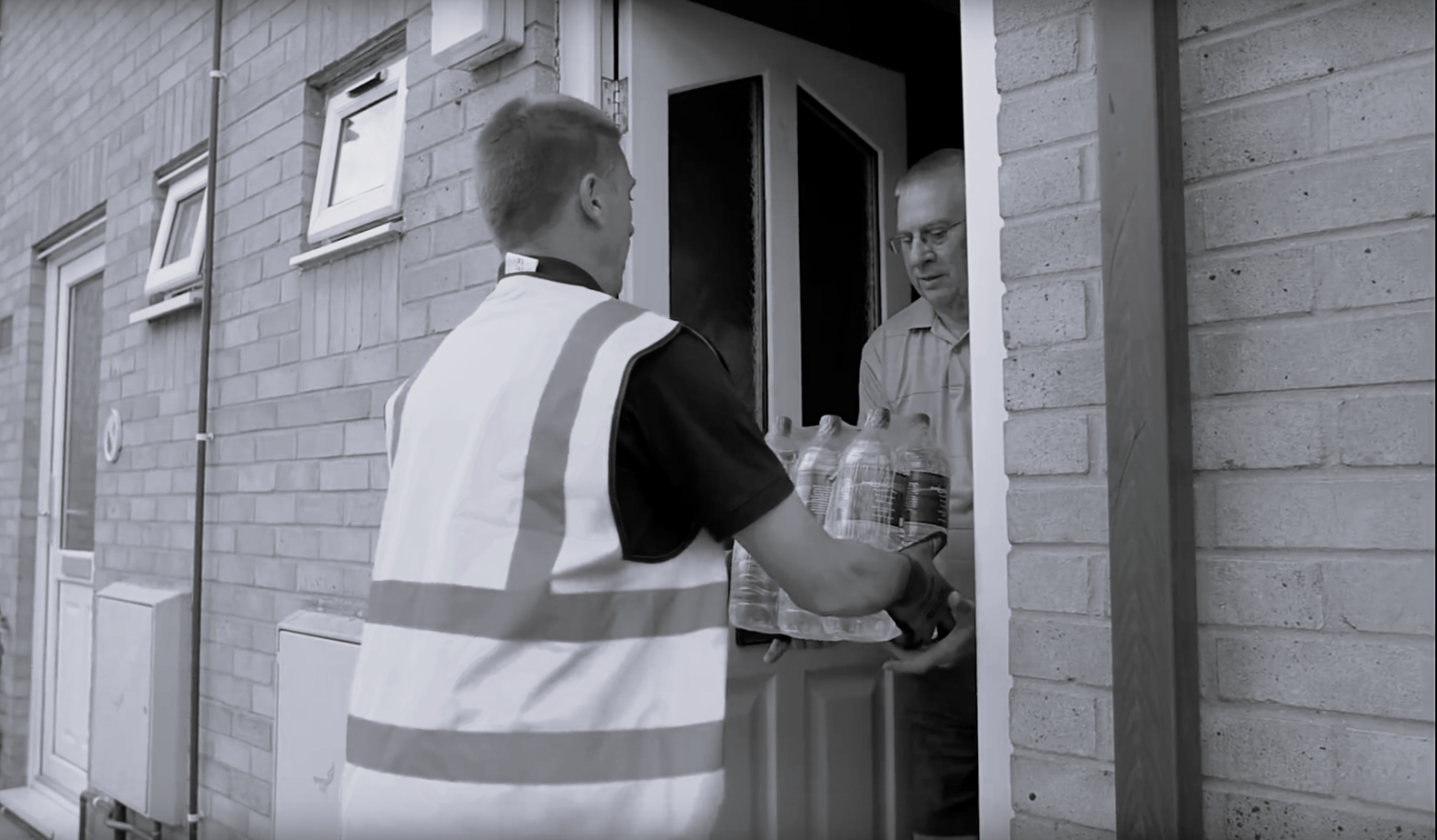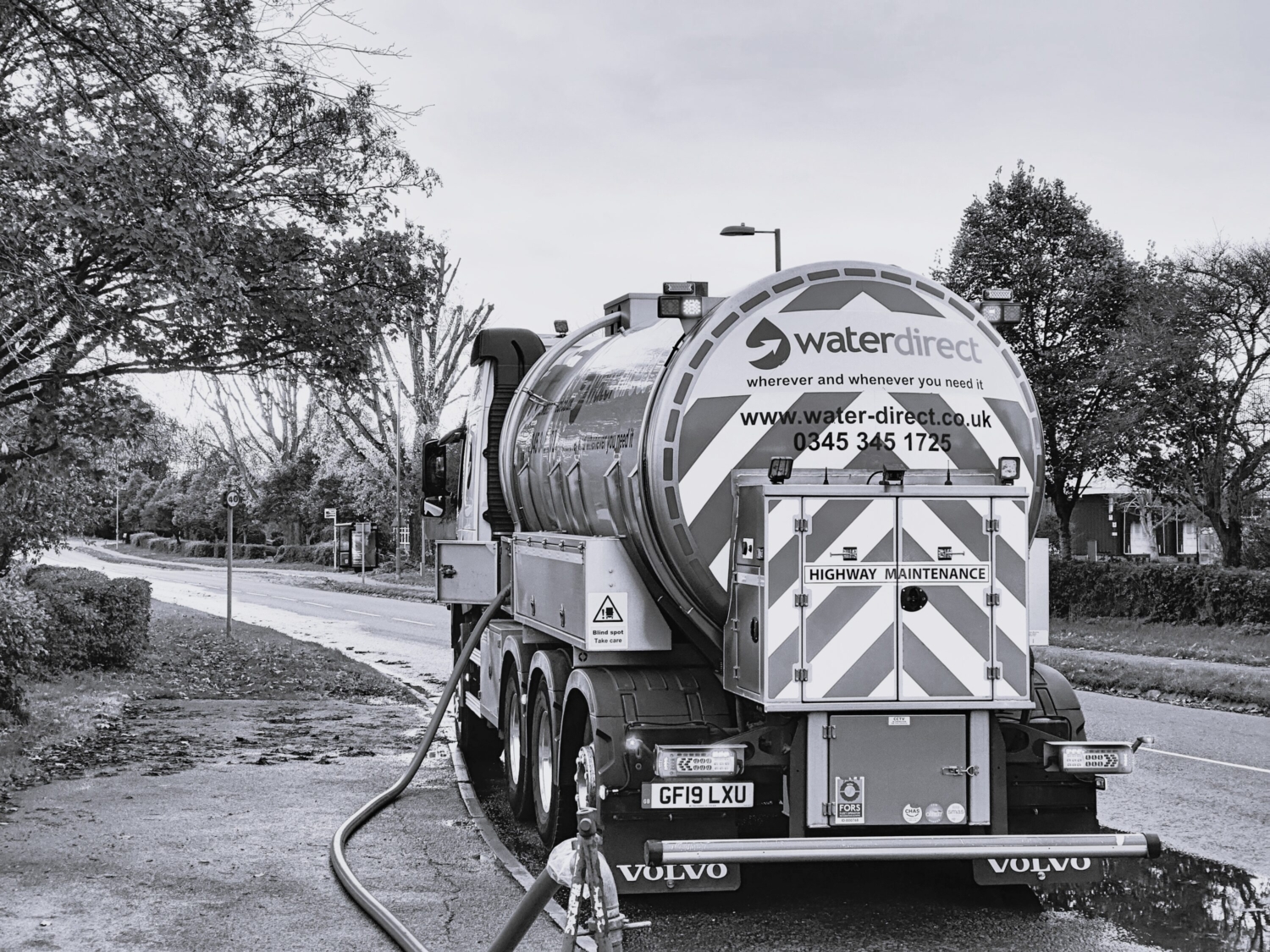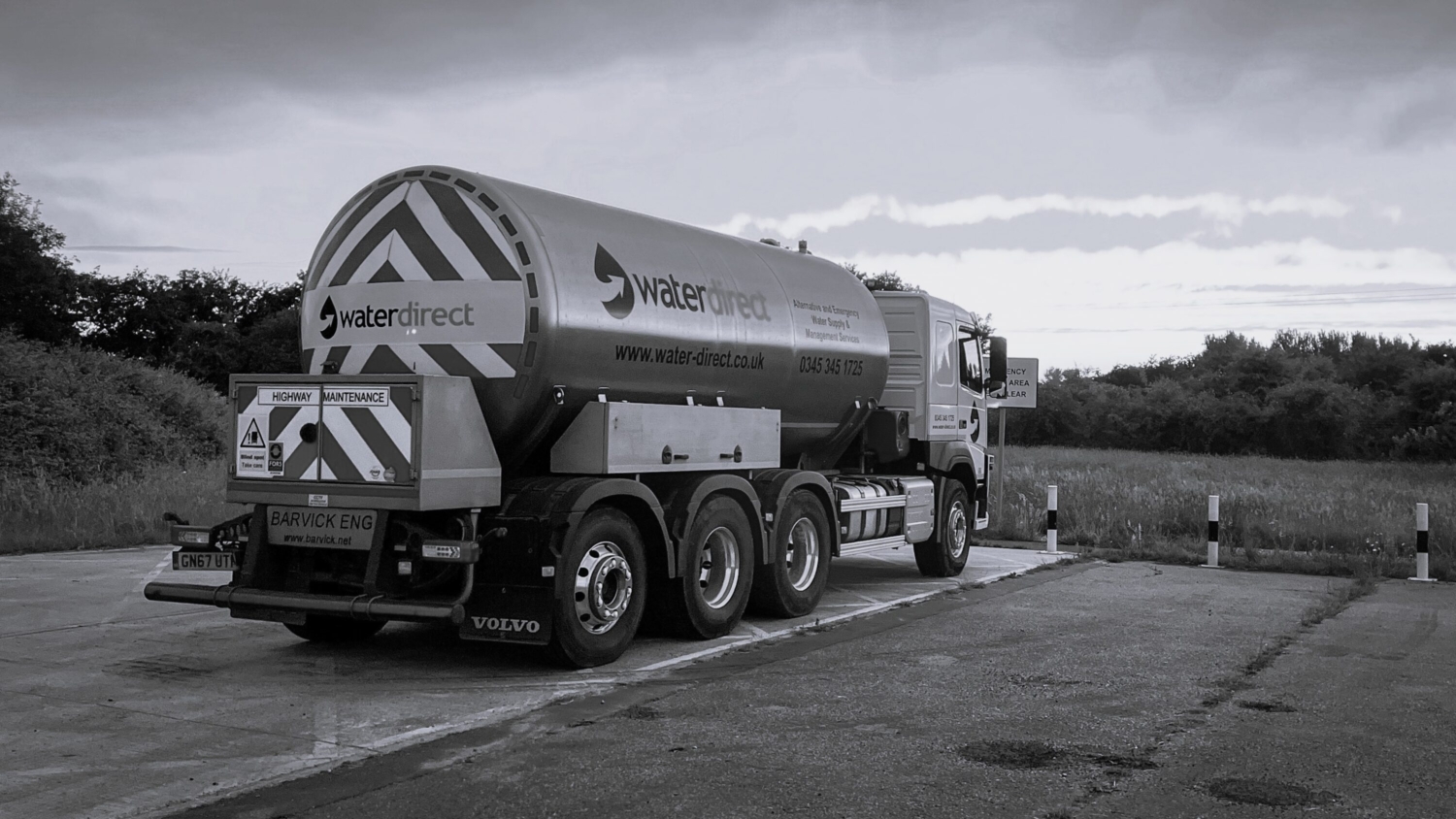
EFRA Update: Progress on Water Sector Review and the Full Picture on Water Resilience
EFRA progress – An important update on the water sector review
The EFRA Committee has now completed a key phase of its ongoing inquiry into the water sector, providing industry leaders with the opportunity to address key challenges, share their progress, and demonstrate their commitment to delivering a resilient and sustainable water supply for the UK.
Discussions have rightly focused on issues like customer charges, sewage discharges, infrastructure investment and regulatory oversight. However, one crucial element has been largely absent from the conversation – AWS. Which we think is an oversight that should be addressed.

Why AWS should be a priority in water sector reform:
Aging infrastructure = growing risk of interruptions– At the current network replacement rate, water supply failures will only increase, especially with climate change and population growth adding further strain. Water supply interruptions are not just a distant possibility; they are an increasing reality. The question is not if incidents will occur, but when. AWS should be embedded in long-term resilience strategies, rather than just an emergency afterthought.
Emergency response needs greater focus– The inquiry highlighted challenges in emergency response, but did not explore scalable AWS solutions such as contingency planning, temporary water storage or direct-injection solutions. AWS plays a critical role in minimising disruption and ensuring continuity, yet its potential remains underutilised.
Regulatory reform should include AWS provisions– SEMD regulations focus on maintaining security of supply but lack clear guidance on proactive AWS integration. Without a regulatory framework that recognises AWS as a fundamental part of resilience planning, and immediate response strategies will continue to fall short.
A call for a more comprehensive approach
Water resilience isn’t just about preventing supply failures – it’s about preparing for and managing them effectively when they occur. A more balanced approach is needed, one that prioritises both short-term preparedness and long-term investment. This means:
- Strengthening AWS frameworks as a core part of water resilience strategies.
- Ensuring utilities have robust contingency plans for both planned and unplanned outages.
- Improving emergency response infrastructure to include strategic water storage and rapid deployment solutions.
The EFRA inquiry presents a crucial opportunity to broaden the conversation and ensure AWS is recognised as a vital part of the UK’s water sector strategy. By doing so, we can ensure that when supply is disrupted, critical services don’t grind to a halt.
Share:






